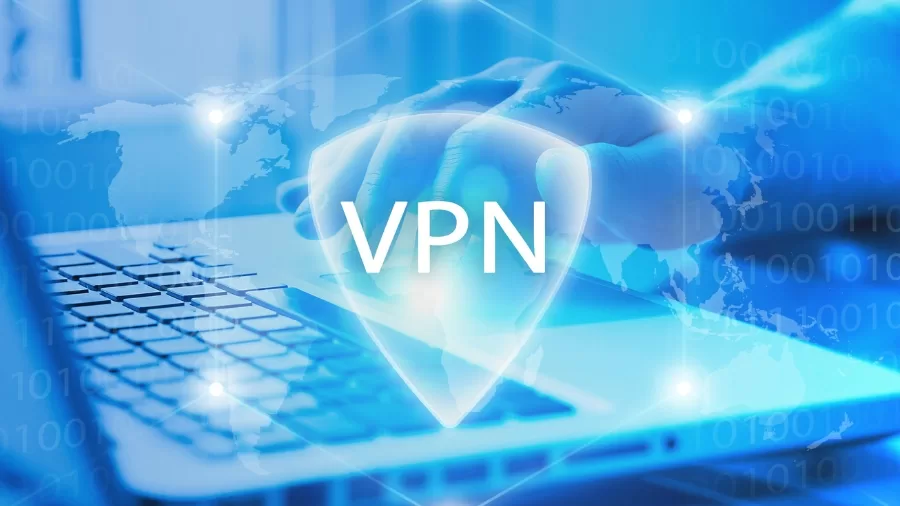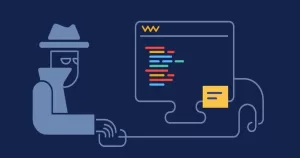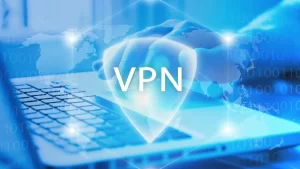Free VPNs Are Everywhere in the UK Right Now—But Are They Safe?

- VPN usage in the United Kingdom surged by 1,400% as a reaction to age-verification enforcement on July 25, 2025.
- The App Store sees free VPNs winning out, yet many cases have serious issues with privacy and security.
On July 25, 2025, the UK government began enforcing new age verification laws under the Online Safety Act. The laws mandate that webmasters or operators of adult sites or sites possessing age-sensitive matter put very secure measures in place to verify the age of a UK-based user. These involve scanning photo IDs, verifying bank cards, or using mobile operator databases. Popular platforms like Reddit, X (formerly Twitter), Discord, and adult sites began applying these checks immediately.
Within hours of being enforced, users within the UK started looking for ways to skirt these restrictions. The primary go-to was a VPN, or a virtual private network. Through VPNs, the user can alter the user’s view of the online place by routing the connection via a server in another country. Thus, the location-based filters or verification systems get bypassed.
Instantly, and overwhelmingly so. These saw record-worthy spikes in UK enrolments. Proton VPN witnessed a 1,400% surge in user registrations on the day the law came into effect, whereas NordVPN recorded a 1,000% increase in UK subscriptions. Further data from Google Trends revealed a spike in interest: UK-based queries on VPN had multiplied by ten.
Free VPN apps then quickly flooded into the top charts of the App Store, being led by Super Unlimited Proxy, Turbo VPN, and VPN Proxy Master. Such free tools appeared rather appealing to young users or casual browsers with less willingness to shell out for a monthly subscription for a VPN.
What Does The Online Safety Act Mean For The Everyday User?
The Online Safety Act is perhaps the broadest law on Internet regulation in recent UK history. It was meant to protect children and young people from harmful content online. The law now places onerous obligations on platforms to enforce age restrictions, and failure to comply could lead to fines of up to £18 million or 10% of a company’s global revenue.
Such measures are meant to comply with the new law, so many platforms have started requesting people to upload identification documents or subjects to develop facial-scanning technology to be checked. For several people, these may create serious concerns about their privacy and data protection. This is one of the key reasons that is causing VPNs to witness such a large upsurge in interest or popularity.
Both methods endeavour to mask your IP address or location. While a few methods might be foolproof, VPNs are not. Plus, the free VPNs can prove to be even bigger problems.
The Dangers of Free VPNs
The popularity of free VPNs in the UK is growing fast. But that doesn’t mean they are trustworthy or safe. Many of the most downloaded free VPN apps make money in ways that compromise user privacy.
Research from past years, including a study conducted by the Commonwealth Scientific and Industrial Research Organisation (CSIRO), shows that a majority of free VPNs include third-party tracking, sell user data, or inject advertising directly into the user’s browsing session. In one study that analysed 283 free VPN apps:
- 67% included third-party tracking libraries.
- 38% contained malware or adware.
- Over 80% requested excessive device permissions like access to location, camera, or microphone.
These risks haven’t gone away. With the recent VPN boom in the UK, many new VPN services are entering the market without transparent privacy policies or technical safeguards. Some VPN apps have unclear ownership, making it difficult to determine who controls your data or where your internet activity is stored.
Free VPNs often say they do not log user activity. But without external audits or public transparency, users can’t verify those claims. While not every free VPN is unsafe, many offer little to no information on their privacy practices, server locations, or data retention policies.
Why So Many Free VPNs Are Popping Up
With high demand comes a new opportunity. In the wake of the UK law, dozens of free VPN apps have appeared on UK app stores and search engines. Many are clones of existing services or white-labelled products reskinned and republished under new names. Some are promoted heavily through affiliate marketing schemes or social media influencers.
These new apps often promise unlimited bandwidth, no logging, or fast streaming. But few explain how they cover their operating costs without charging users. The reality is that running a VPN is expensive. Reliable VPN servers, strong encryption, and global infrastructure cost money. If a VPN app isn’t charging users, there’s a strong chance the revenue is coming from somewhere else, usually your data.
App permissions on these free VPNs often reveal the truth. Some require access to your photo library, contacts, or even real-time location, despite offering a simple privacy tool. Others request SMS or call log access, which has no reasonable connection to providing VPN services.
Navigating the VPN Market Safely
If you’re one of the many people in the UK considering a VPN, it’s important to be informed before installing any app. The flood of free services can make it tempting to pick the first one with a high rating. But taking a few minutes to evaluate your options can save you from potential privacy breaches or malware exposure.
Here are some simple steps to help you navigate the VPN market safely:
1. Choose Services with Transparent Policies
Look for VPN providers that clearly explain their logging practices, encryption methods, and jurisdiction. If the VPN doesn’t say where it’s based or how it stores data, be cautious.
2. Check for Independent Audits
Some paid VPN providers publish third-party audits of their security infrastructure. While this isn’t common among free VPNs, the absence of any external validation should make you question the app’s reliability.
3. Read the App Permissions
Before installing a VPN, check what permissions it asks for. A VPN doesn’t need access to your camera, photos, or microphone. If it does, that’s a red flag.
4. Avoid Apps Without a Website
Legitimate VPN services usually have a full website with support pages, terms of service, and contact details. Many shady VPN apps skip this step entirely, offering only a download link and a vague privacy statement.
5. Test for IP and DNS Leaks
Even if a VPN says it hides your IP address, you can test it online using tools like ipleak.net. A VPN that leaks DNS requests or fails to mask your real location offers little protection.
Should You Pay for a VPN?
While not everyone wants to pay for privacy tools, investing in a reputable VPN service might be worthwhile if you frequently browse or stream online. Services like ProtonVPN, NordVPN, ExpressVPN, and Mullvad have built reputations over the years for consistent privacy protection. They generally don’t collect user data, support open-source clients, and operate under data-friendly jurisdictions.
Many of these providers offer trial periods or free limited plans with fewer features, but the same privacy guarantees. If budget is a concern, start there instead of risking your data with unknown apps.
A Changing Internet Experience in the UK
The Online Safety Act has introduced a new chapter for the UK internet. For many users, it’s a wake-up call about online identity, verification, and control over personal data. While the law intends to protect young people, it has also sparked important conversations about surveillance, digital freedom, and trust in online platforms.
As VPN usage becomes more common, the internet experience in the UK is shifting. Users are more aware of tracking, more cautious with data, and increasingly sceptical about whom to trust.
Whether or not you choose to use a VPN, take time to understand how your information flows across the internet and who might be watching.













